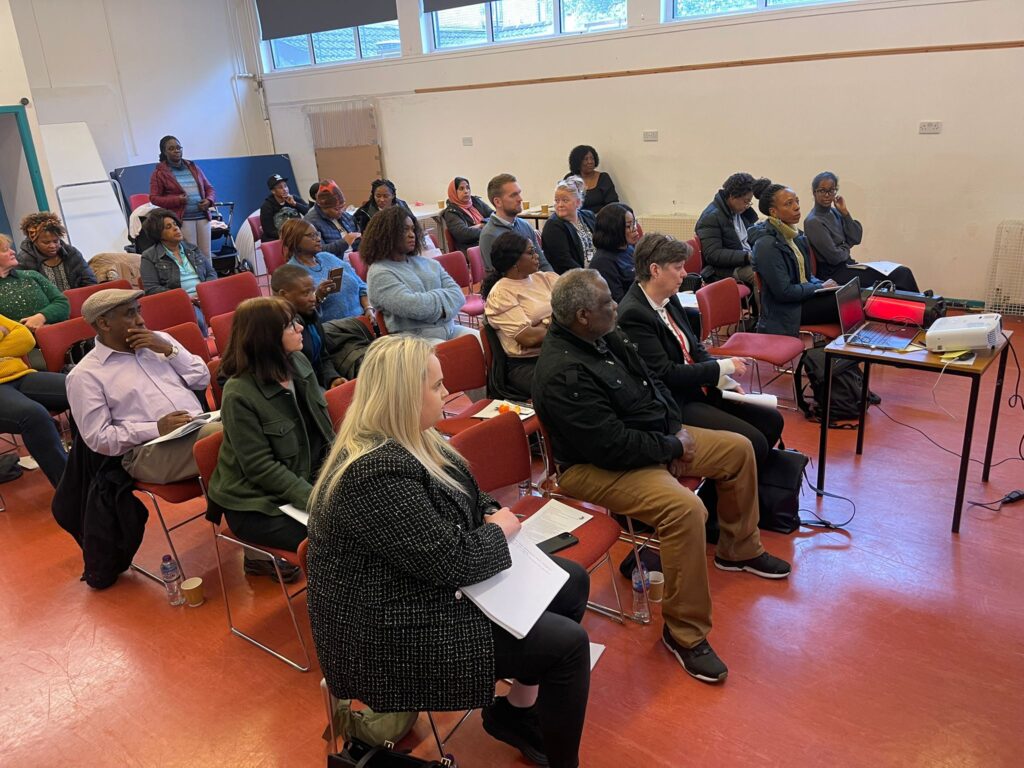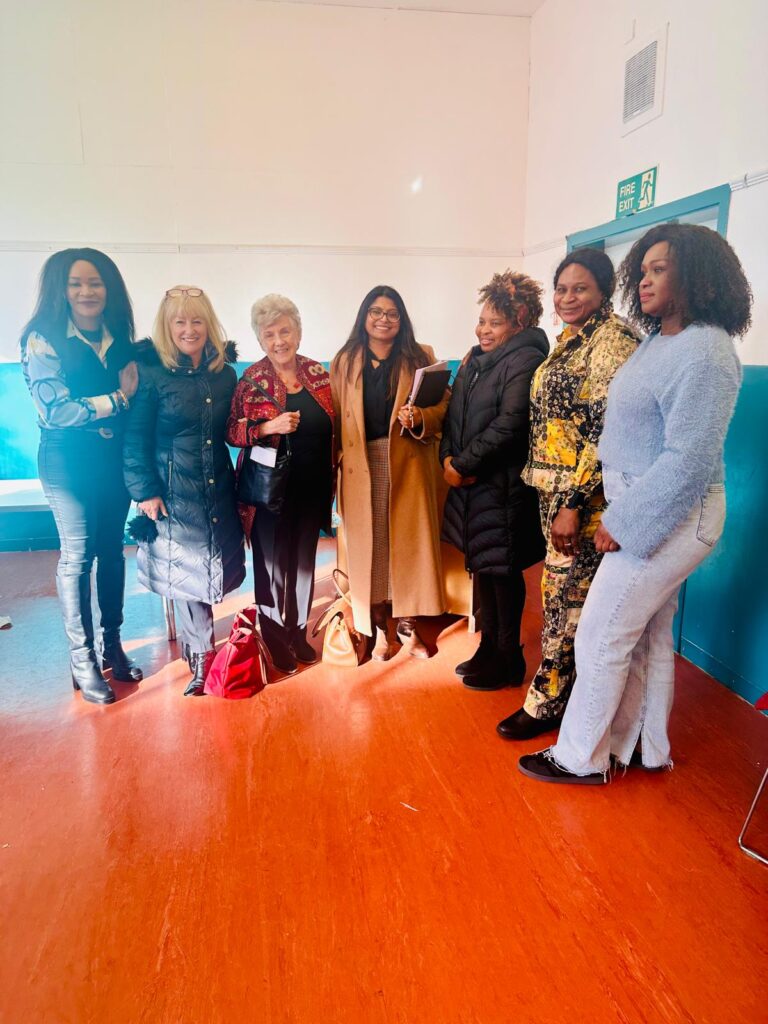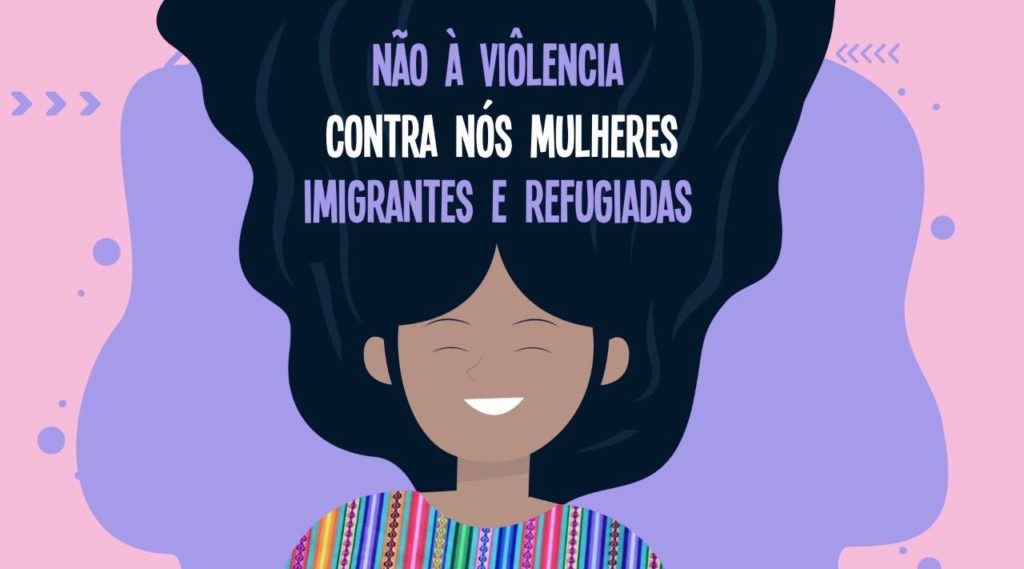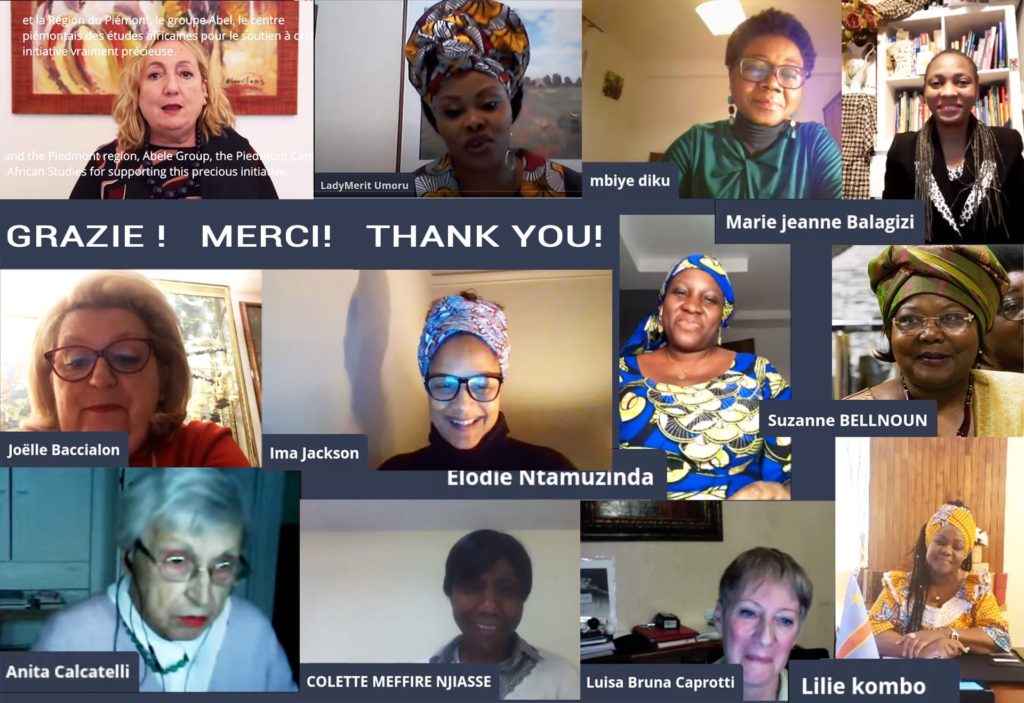Representatives from diverse agencies convened in Glasgow under the Invitation of the Women Integration Network (WIN) and human rights solicitor Jelina Berlow Rahman to address the impact of Scotland’s children’s hearings on African families. The gathering focused on identifying challenges, sharing perspectives, and crafting strategies to foster a more inclusive and supportive system.
✍🏾 Juliana da Penha
In 2023, over 100,000 children were in the UK care system, with the number rising annually. Among them, approximately 70,000 are in foster care, with Black, Asian, and Minority Ethnic (BAME) children disproportionately represented.
Foreign mothers, particularly those with limited English skills and little knowledge of the system, often struggle to navigate a complex process without knowing where to find support. Institutional racism embedded in society intensifies the challenges faced by BAME families, creating additional barriers for them to overcome. Amid social service interventions, they live in constant fear of losing their parental rights. Many such cases remain hidden, with families reluctant to speak out due to fear of repercussions.
The Women Integration Network (WIN) and Jelina Berlow Rahman, a solicitor with expertise in human rights, family, and immigration law, hosted a multi-agency meeting in Glasgow on October 3rd to address how social services impact African families in Scotland. The event aimed to bring together stakeholders to explore gaps in the system that often leave these families vulnerable and to develop recommendations for a more supportive approach.

Throughout the meeting, participants from various fields shared insights into the struggles faced by African families. “We’re here to learn from past mistakes and to understand how we can collectively create a better society for everyone,” said Jelina Berlow Rahman, setting a tone of collaboration and reform.
Olivia Ndoti, WIN’s founder, emphasised the importance of supporting mothers so they can stay with their children rather than focusing on separating families. “We must address our concerns directly to the government, as there are many questions left unanswered,” added Tony Osy, a political campaigner and community activist.
The discussion began with a briefing by Jelina Berlow Rahman and Raymond Mallon, a civil case manager, on Scotland’s Children’s Hearing Act and children’s rights.
“We’re here to learn from past mistakes and to understand how we can collectively create a better society for everyone,” Jelina Berlow Rahman
Another crucial topic was the well-being of African children placed with white Scottish foster families. Olivia Ndoti highlighted the impact on cultural identity and mental health, sharing the tragic story of a mother who, after years of fighting to reunite with her children, lost one to suicide at the age of 14 last year. This poignant example emphasized the need for culturally sensitive care and underscored the urgent call for systemic improvements.

Representatives from the Home Office, Marna Sinclair and Mercy Osei-Poku, provided insight into how being in care can affect a child’s immigration and asylum applications.
The event featured contributions from community leaders and grassroots organisations, including Jasmin Abdisalan Aden from One Community Scotland, Lee Ballatine from the British Transport Police, Anne Kinghorn from Mears, Juliana da Penha from Migrant Women Press, and Chief Amy from the African Arts Centre. Bryony Lovett, representing MSP Kaukab Stewart, was also present to highlight the political dimension of the issue.
Participants discussed recommended measures to support these families better, focusing on more thorough risk assessments, financial support, and prioritising kinship care where possible. As community and government agencies continue to tackle these challenges, events like this provide a vital forum for open dialogue and collaborative solutions, paving the way for a more inclusive and supportive system.
For more info about Women Integration Network: https://www.womensintegrationnetwork.co.uk/


